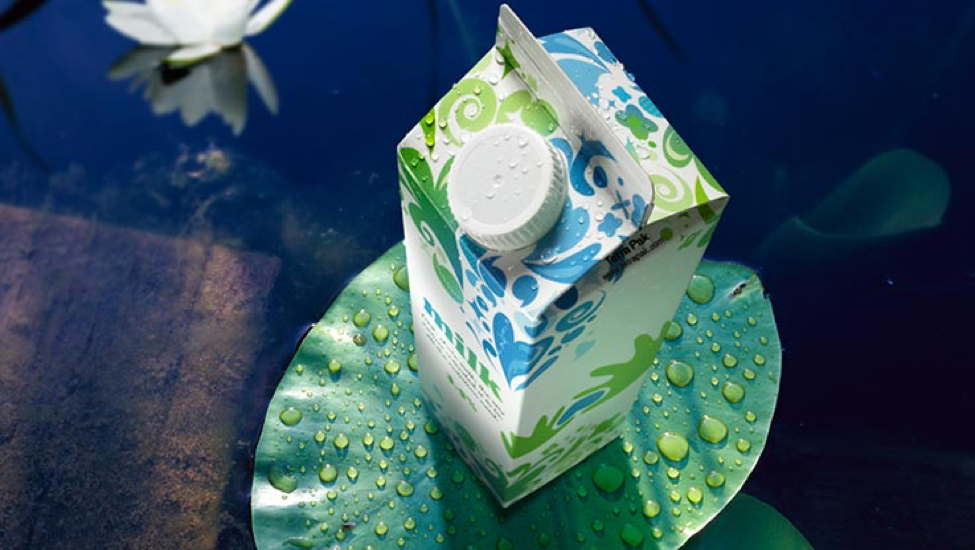100 Percent Renewable Juice Boxes?
TetraPak is known by many for their seemingly ubiquitous juice boxes that appear in our kids’ school lunches. But last week, they gained distinction when they announced their plan to source 100 percent of their energy from renewables by 2030, joining the ranks of major multinational corporations that have committed to 100% renewable energy. Other companies that have taken the RE100 pledge include Coca Cola, Google, Ikea, and Microsoft.
We know we can have healthier communities right now and a livable future for kids growing up today. But to get there, we must transform the way we produce and consume energy. That’s got to start with a commitment to 100 percent clean, renewable energy.
TetraPak is known by many for their seemingly ubiquitous juice boxes that appear in our kids’ school lunches. But last week, they gained distinction when they announced their plan to source 100 percent of their energy from renewables by 2030, joining the ranks of major multinational corporations that have committed to 100% renewable energy. Other companies that have taken the RE100 pledge include Coca Cola, Google, Ikea, and Microsoft.
Currently, TetraPak uses about 20 percent renewable energy, and by 2020, they hope to reach 80 percent. With packaging available worldwide in more than 170 countries and more than 23,000 employees, their commitment will have a significant impact on the growth of renewable energy around the world.

Packaging made with renewable materials, via tetrapak.com
“Renewable electricity is increasingly becoming cost effective and Tetra Pak can play a part in leading by example and driving the growth of renewable electricity across our own operations and supply chain,” Mario Abreu, Vice President of Environment for TetraPak, said. “The private sector accounts for a large amount of the world’s electricity consumption. If private companies switch to renewable energy, the reduction in global greenhouse gas emissions will be substantial.”
The commitment to moving to 100 percent renewable power for the company’s energy needs was announced at the Clean Energy Ministerial, where nations, corporations, and nonprofit groups collaborated on advancing clean energy initiatives. Encouraging corporations to commit to 100 percent renewable energy was meant not only as a policy action, but also as inspiration for other businesses to follow the same path.
The packaging company is pursuing sustainability in other aspects of production as well by avoiding plastics made from fossil fuels in their materials. TetraPak goods are made with wood-based materials certified by the Forest Stewardship Council, an independent organization that provides labelling for eco-friendly processes. When wood is not a viable option, plastic made from sugar cane is used in lieu of plastic from oil, which contributes to the overall sustainability of the packaging. One of the products is completely made from renewable materials, and all of their products are recyclable.
Considering the technology and resources available, in addition to how many have switched already, TetraPak’s support of clean energy emphasizes the ultimate feasibility of a shift to renewable energy.


